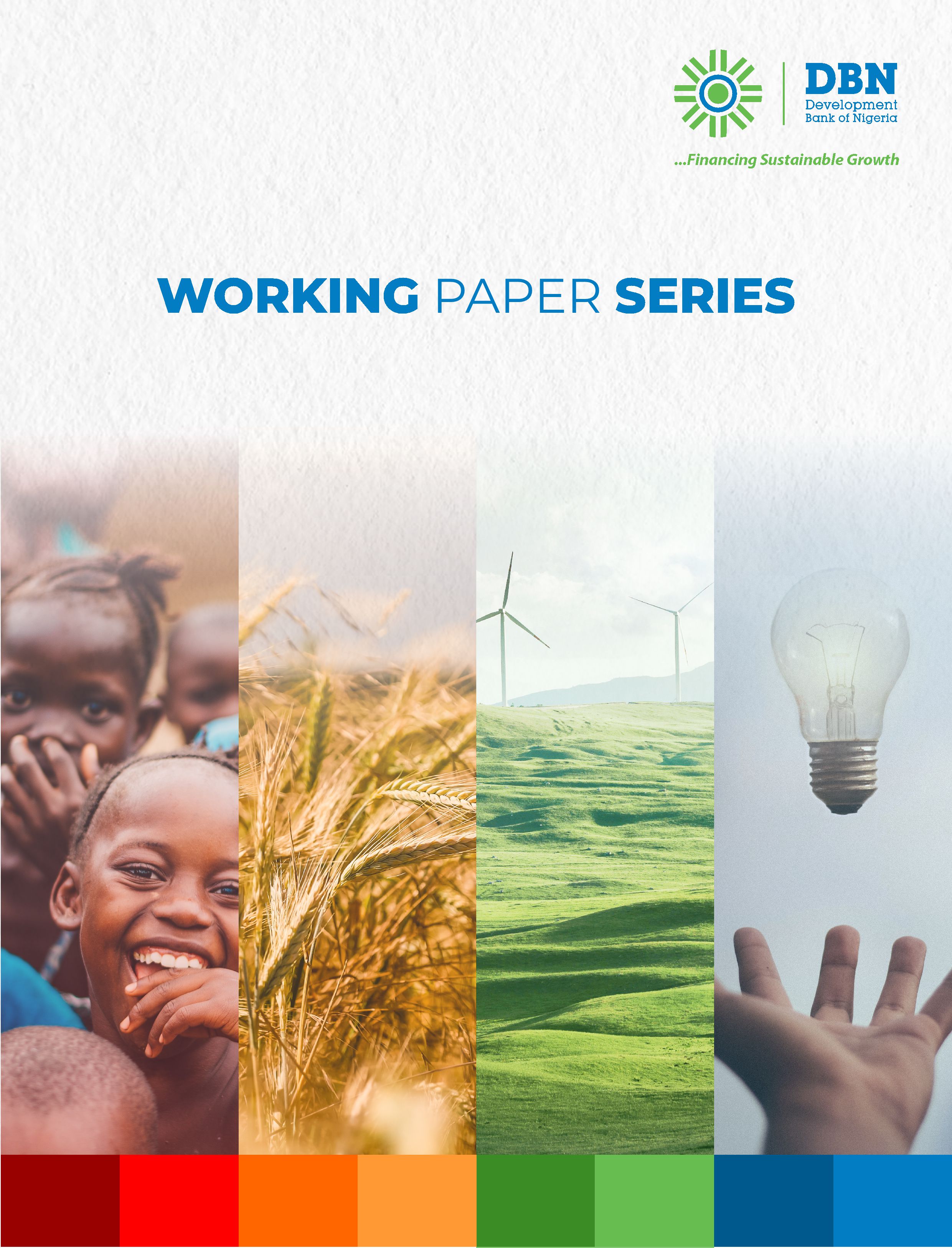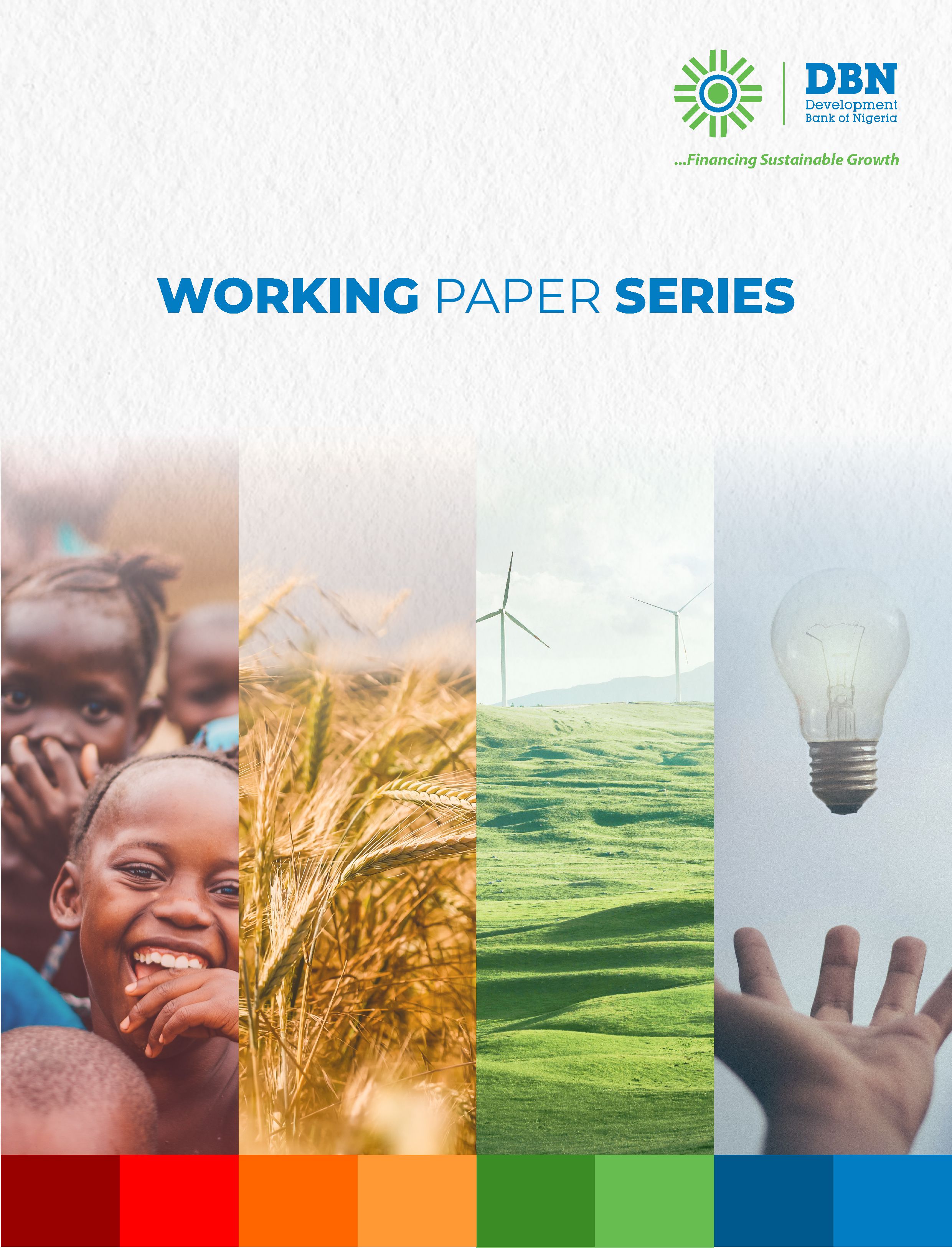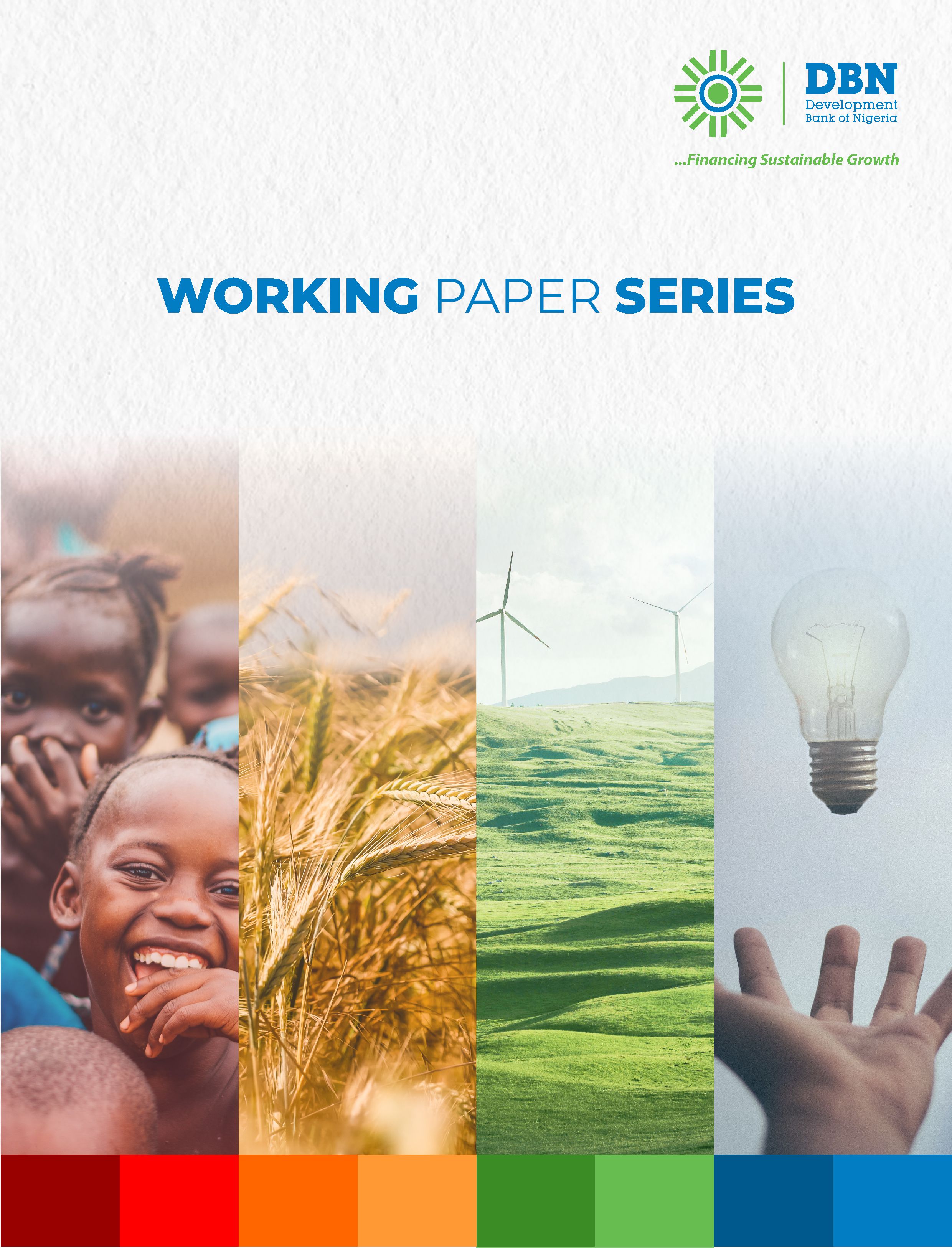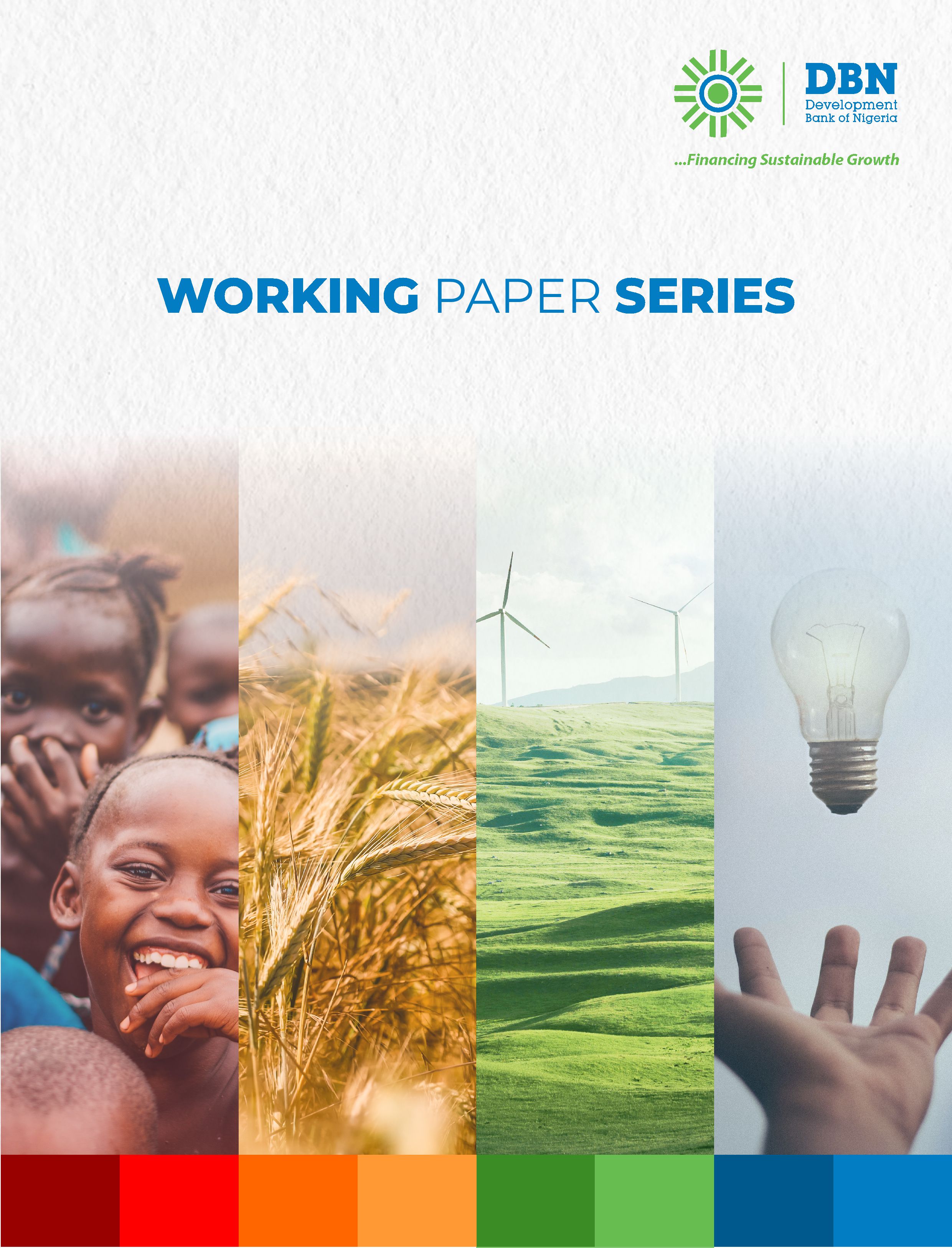
Publication Information
Published by: Admin
Published: 1 year ago
View: 224
Pages: 32
ISBN:
Abstract
The debate on the need for Sub-Saharan African (SSA) countries to foster inclusive growth has intensified following the coming into force of the African Continental Free Trade Area (AfCFTA), and the emergence of the coronavirus pandemic. A conspicuous lacuna in the literature is a lack of rigorous empirical work(s) exploring: (1) the joint effect of economic integration and resource allocation, and (2) social equity policies on inclusive growth in SSA. Using data from the World Bank’s World Development Indicators and the Global Consumption and Income Project (1980–2019) for 43 SSA countries, I provide evidence robust to several econometric techniques¾ the fixed-effect, random-effect, and the system generalized method of moments estimators to show that: (1) though economic integration induces inclusive growth, the effect is higher in the presence of greater financial deepening and productive government expenditure; (2) relative to economic integration, social equity policies are rather remarkable in enhancing inclusive growth. Policy recommendations are provided in line with the AfCFTA and the reversals of welfare gains due to the coronavirus pandemic.
Isaac K. Ofori Mr
Related Publications

VOLUME 7 ISSUE 1 2024
Female unemployment, mobile money innovations and doing business by females

VOLUME 7 ISSUE 1 2024
Sustainability Burden or Boost? Examining the Effect of Public Debt on Renewable Energy Consumption in Sub-Saharan Africa

VOLUME 7 ISSUE 1 2024
The effect of inequality on poverty and severity of poverty in SSA: the role of financial development institutions
